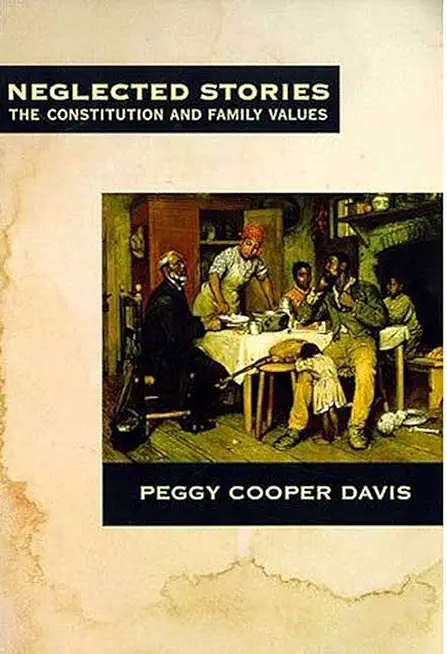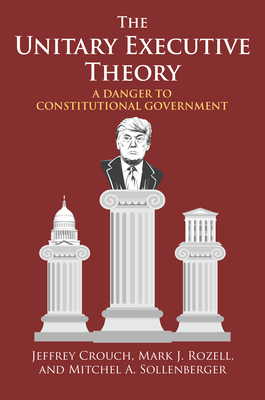
In a powerful challenge to the belief that the Constitution has nothing to do with the individual freedoms that comprise family rights, Peggy Cooper Davis argues in Neglected Stories that the constitutional amendments after the Civil War reflect a profound appreciation of the political, social, and personal worth of family autonomy.
She draws upon what she calls the motivating stories of the Fourteenth Amendment to show that the Reconstruction legislators who sponsored it understood family rights as aspects of liberty that were fundamental to the proper definition of freedom and citizenship. This new understanding of family rights developed as men and women - black and white, Southerners and Northerners - came to appreciate the enormity of slavery's denial, even destruction, of family life. Davis also explores the doctrinal stories the Supreme Court has told to justify or strike down restrictions on liberty with respect to work, marriage, procreation, parenting, and sexuality and family planning - and the stories of the litigants who wanted to live, work, marry, love, and parent as they chose.







